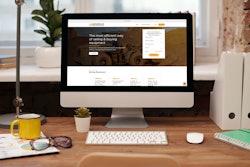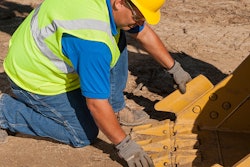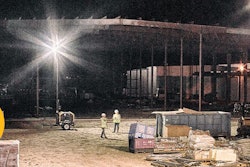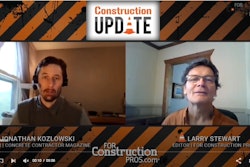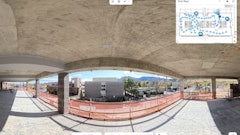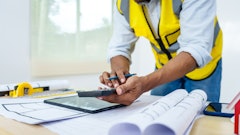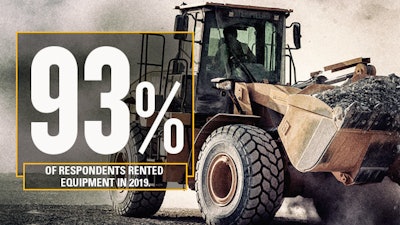
This blog was updated on 6/6/2023.
The construction equipment rental market now exceeds $130 billion in the U.S. and is expected to top $225 billion by 2032. If you’re not already renting, should you be? And if you are renting, should you be doing it more often? Both buying and renting can be smart choices, depending on your situation. To determine what’s best for your business, start with these five basic questions:
1. What’s your financial situation?
Consider buying (or financing a purchase) if you want to build equity and enjoy the tax benefits of depreciation. You’ll also see a return on investment when you sell owned equipment. On the other hand, if you’re not ready to make an upfront financial commitment or want to hand off some of the operational expenses, rental is an option.
2. How much and for how long will you use the equipment?
For machines, tools or attachments you plan to use day in and day out, project after project, purchasing often gives you a good return on investment. But if you only need equipment for a short-term project, or it’s a specialty tool you aren’t likely to use again, renting may make more sense. A good rule of thumb is to rent if your planned usage is below 40% and buy if it’s above 65% — if it’s in the middle, weigh other factors.
3. Are you already familiar with the equipment?
If you’re replacing a machine you love or adding a similar model to your fleet, then you know how to operate it and what benefits it brings to your operation. You can buy with confidence. But if it’s a type of equipment you’ve never used before or features technology that’s new to you, renting gives you the opportunity to “try before you buy.” That way, you don’t risk making a big investment in a product that’s not right for you.
4. Are you willing to handle maintenance and repairs?
When you purchase equipment, the job of maintaining and repairing it falls on you, which means you either need to tackle those tasks yourself, employ someone to take care of the work or pay a third-party to do it. When you rent, your rental provider handles maintenance and repairs. Don’t think of it as “free,” though — these costs are absorbed into your rental payment.
5. How far — geographically — does your work take you?
Do you regularly work out of state or take on long-distance projects? Are you juggling multiple projects in different places at the same time? If your business has a physical presence in or near these locations, then you have a place to store and maintain any equipment you buy when it’s not in use. If not, renting is a way to eliminate the need to pay for storage space as well as the expense of transporting equipment between locations.
There’s no right answer in the “buy or rent” debate. It’s all about your business, your priorities and how you personally like to work. Many contractors have found success employing a combination of the two approaches. Curious about all the available options for acquiring the equipment you need? Take a look at your choices.
This blog was updated on 6/6/2023.





